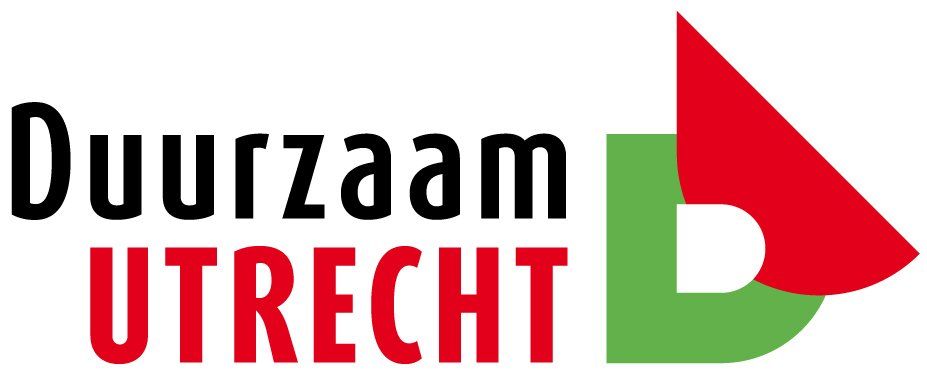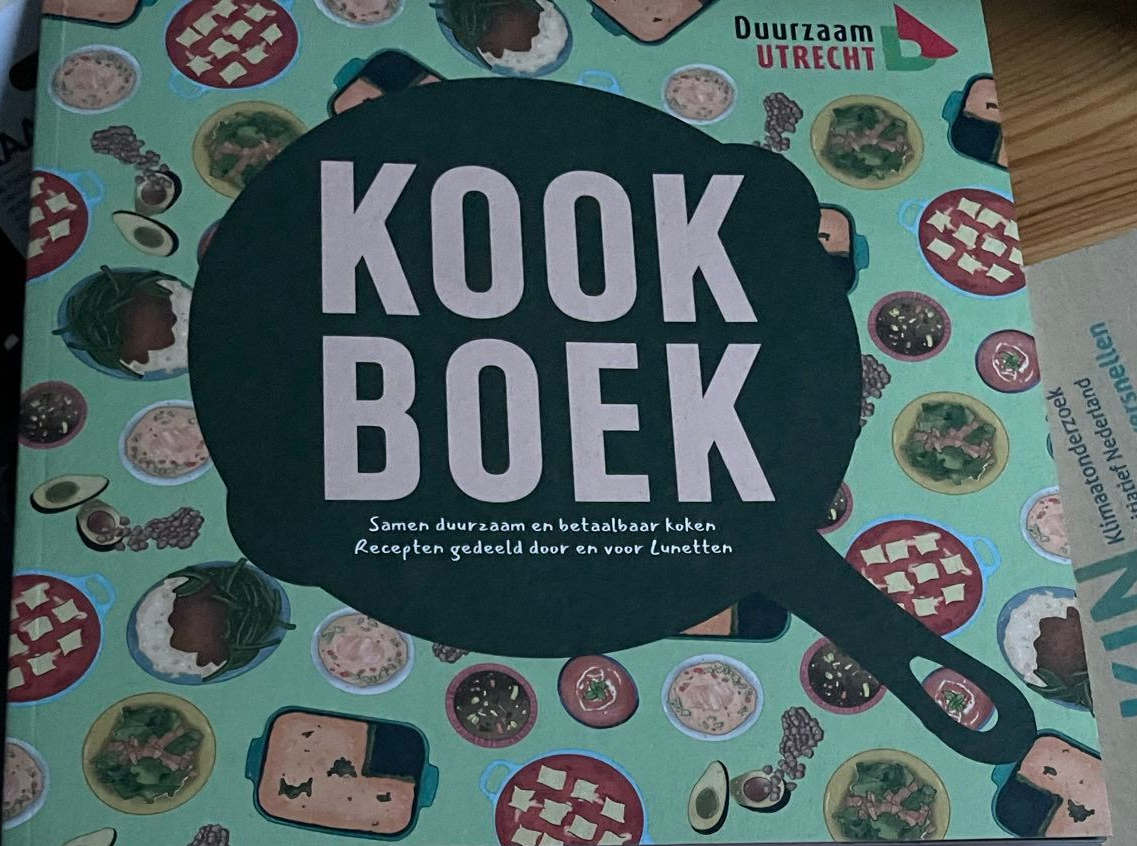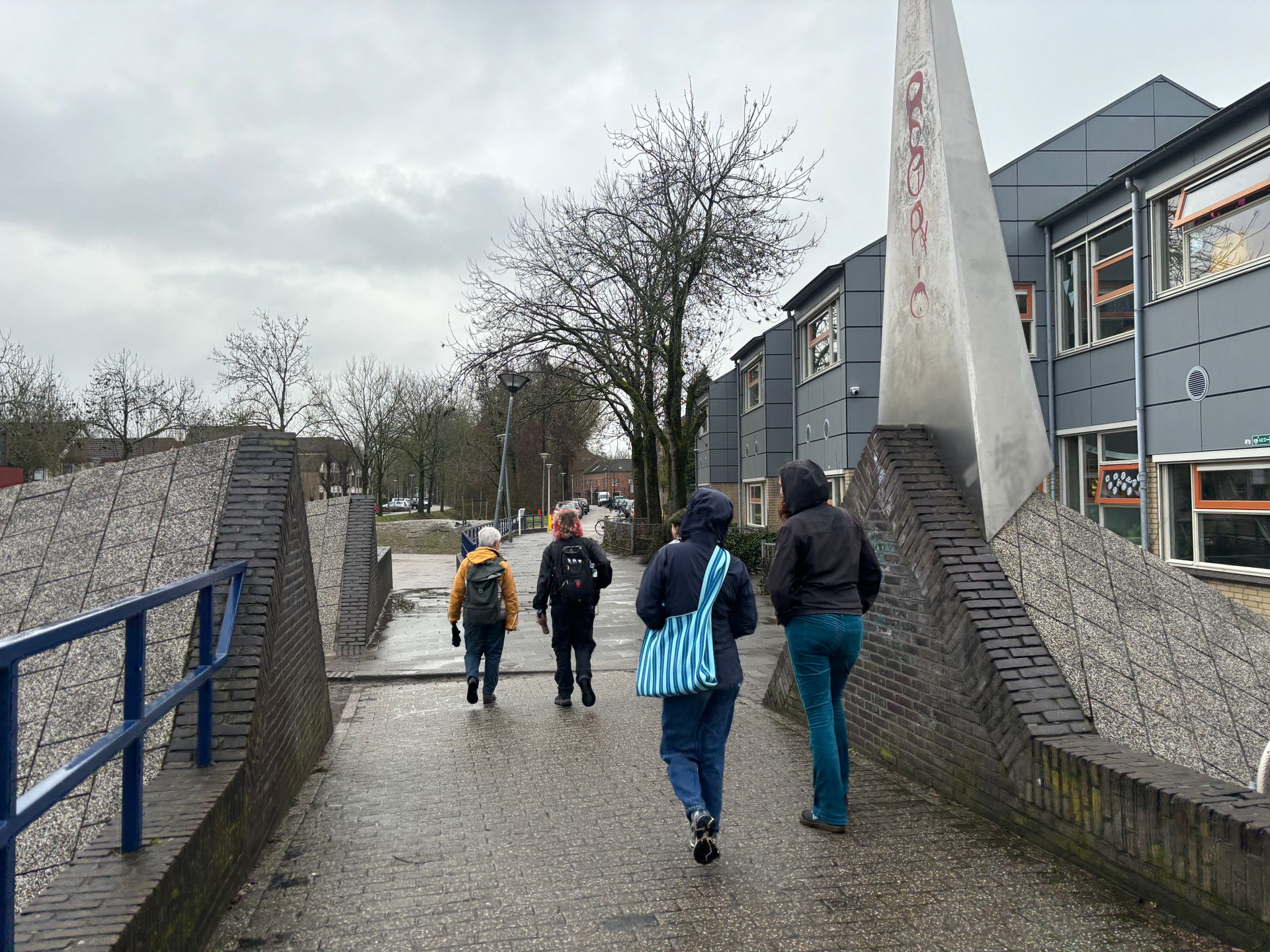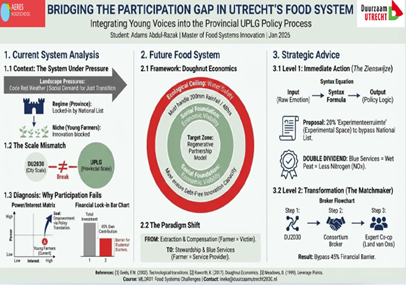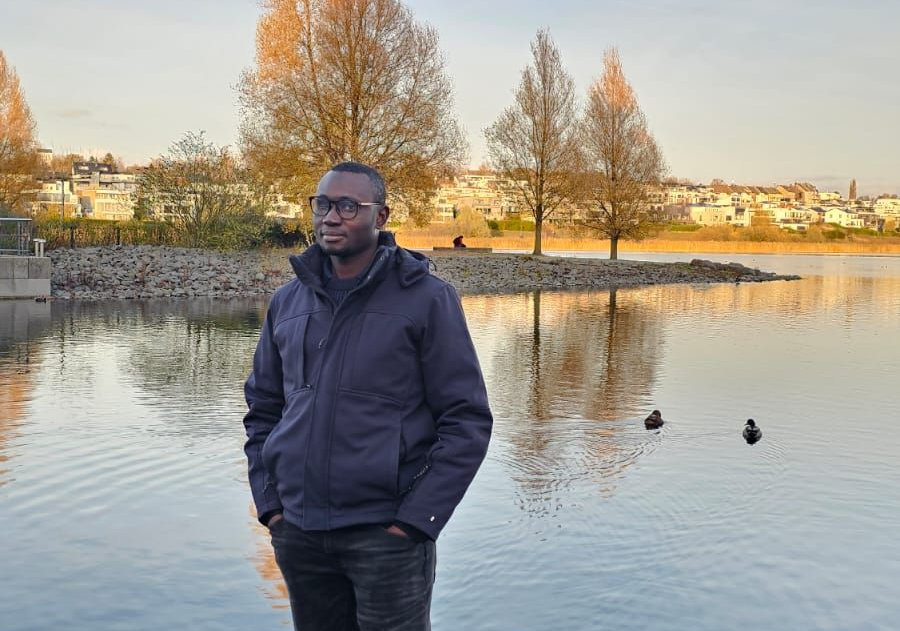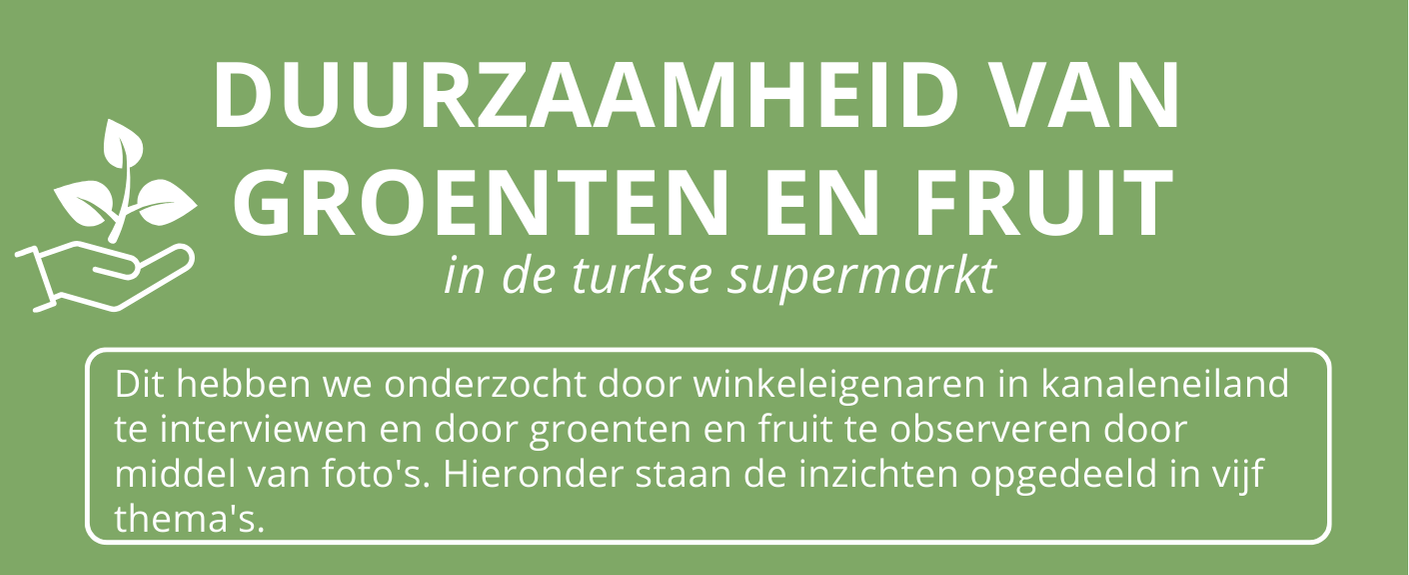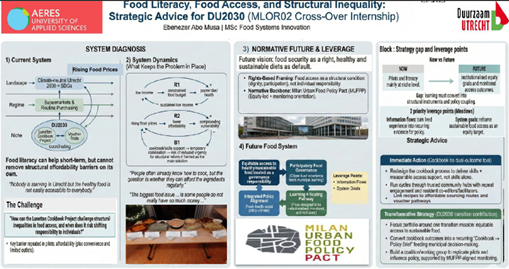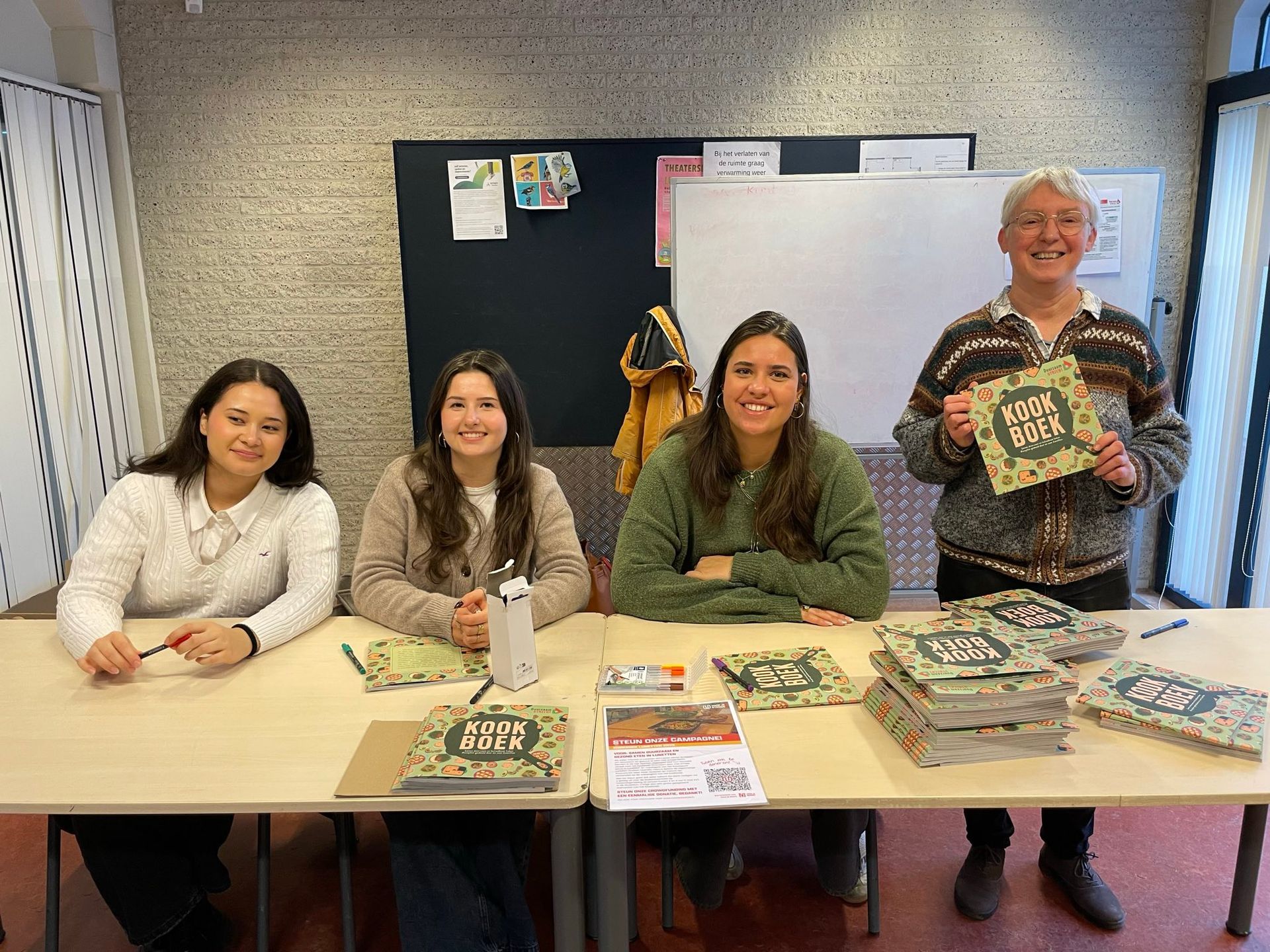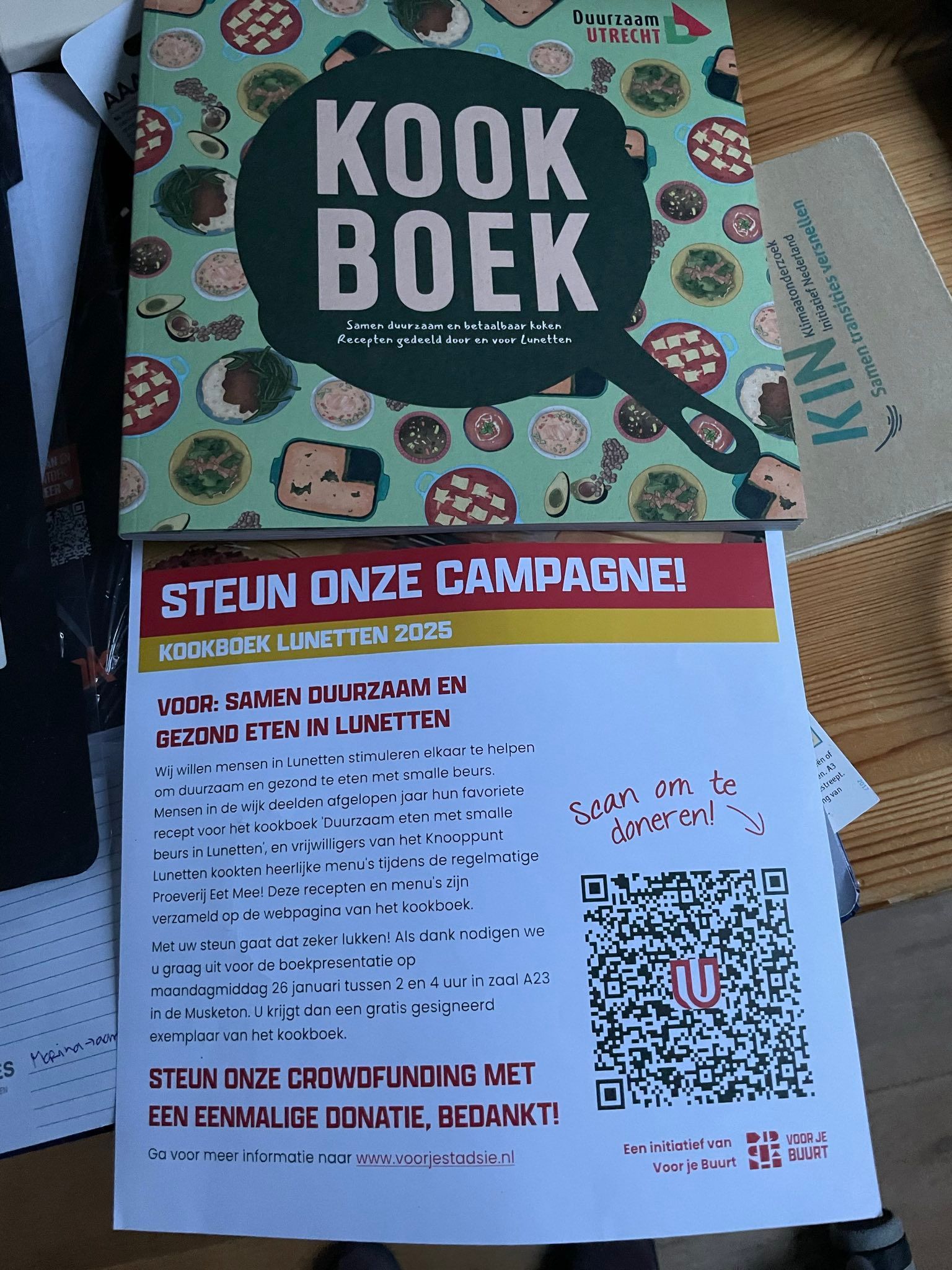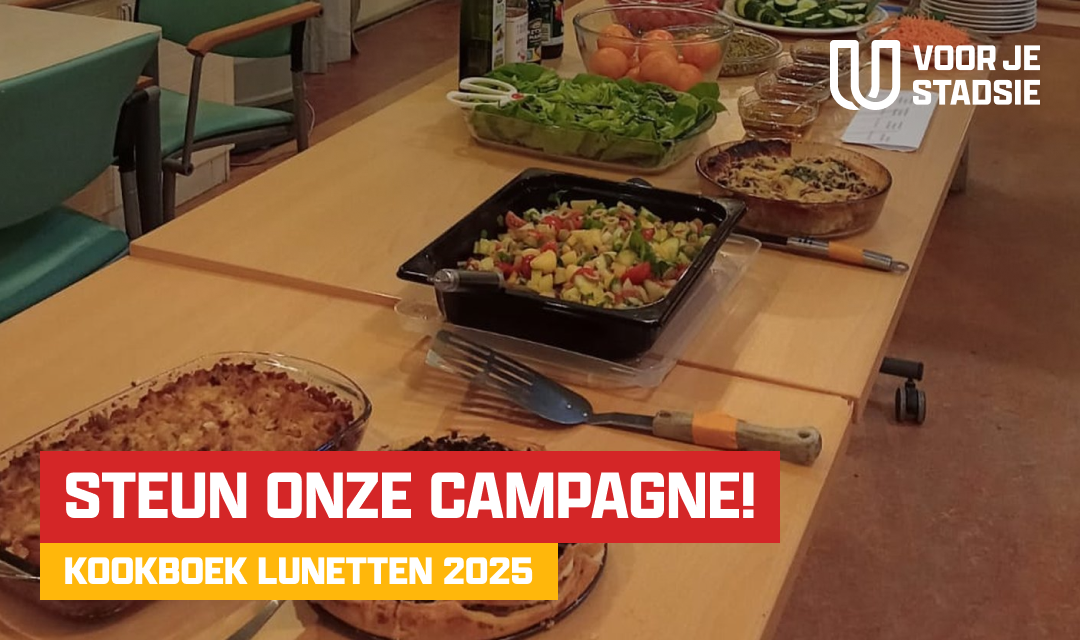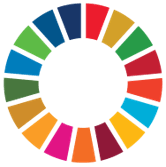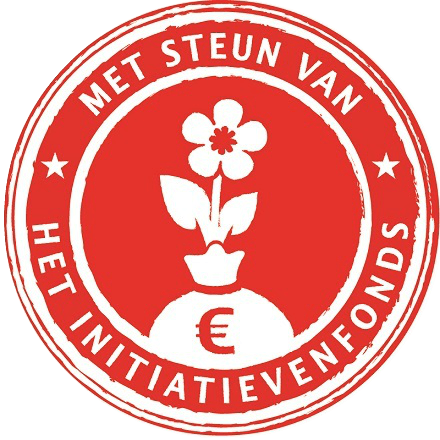Tackling mobility poverty in Utrecht
English translation of student report matching supply and demand for affordable sustainable transport in Utrecht
Anne-Wil Verhoef, Ayana van der Ven, Bente Visser, Byörn Willems, Job ter Haar and Owen Lichtenberg performed a multicriteria analysis on mobility poverty in Utrecht. They demonstrated a methodology to better match supply of sustainable transport options in Utrecht to the wishes and needs of citizens with a low income.
The English translation of the summary reads:
Mobility is important and self-evident for many in our society. However, this is not possible for everyone. When people are unable to use means of transport because of their socio-economic situation, this is called mobility poverty. To achieve a sustainable and climate-neutral Utrecht by 2030, it is important that everyone can contribute to sustainable mobility. Sustainable Utrecht 2030 is a network that is committed to people with a limited budget, so that these residents can also contribute to the development goals of 2030. Sustainable Utrecht 2030 has commissioned research into the sustainable mobility of Utrecht for residents with a limited budget.
This project focuses on the working population of the municipality of Utrecht who have an income of up to 125% Statutory Social Minimum (WSM). The aim of the project is to make sustainable mobility more accessible to the target group. Based on literature preliminary research, the various sustainable mobility options that the municipality of Utrecht has to offer have been mapped out. Examples include buses, trains, trams, shared bicycles, and private bicycles. In this literature preliminary study, the U-pas is also described. This is an existing scheme for residents who fall within the target group of the study.
First, the various mobility options were examined. This was conducted based on a Multiple Criteria Analysis (MCA) with supporting literary research. The mobility options were evaluated based on various criteria. These different criteria are environmental friendliness, accessibility, efficiency, and cost. The result of the MCA is that the train, shared bike, and own bike receive the highest score. Subsequently, the target group's demand for sustainable mobility was investigated by means of a survey. This survey includes questions about the preferences and needs of residents about sustainable mobility. These residents prefer to use their own bicycles, trains, and buses. The group surveyed also indicated that they would like to make more use of the bus, train, and their own bicycle. The results obtained were then compared against each other. As a result, it has been deduced that your own bicycle, bus, and train are prominently present. Based on the insight gained and an interview with a city council member, conclusions were drawn.
The results of the study were discussed with the council member and resulted in a number of recommendations. The councillor talked about a bicycle scheme in the Overvecht district where bicycles are sold at an adjusted price. This leads to the recommendation that this scheme can be extended to the entire city. All residents with the right to a U-pas can appropriate their own bicycle. Another recommendation is to provide information and educational activities to the target group. This gives the residents more insight into the subject, which ensures greater involvement. A follow-up recommendation is a discount on public transport for residents with an income of up to 125% WSM. The survey has shown that residents are willing to pay an average of twenty-five cents per kilometre. In the current situation, the average price per kilometre is 50% higher. The use of a local bus is also recommended. The interview with the councillor showed that the current bus system focuses on the primary routes. By using the local bus, this transport system can be broken open, which ensures a greater spread of the bus. The survey also showed that residents want to use the bus more. What the structure and layout of the neighbourhood bus looks like should be revealed by means of a follow-up study. In conclusion, it can be said that for a more accessible sustainable mobility, there must be adjustments and expansions to the existing schemes aimed at bicycles and buses.
Download the full English translation here, or read the original Dutch version, published at ZENODO.


